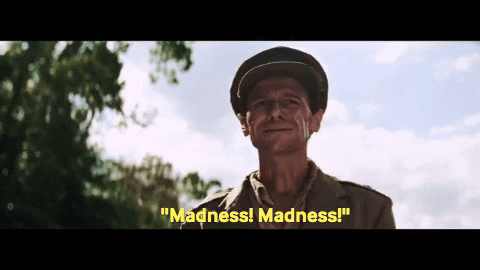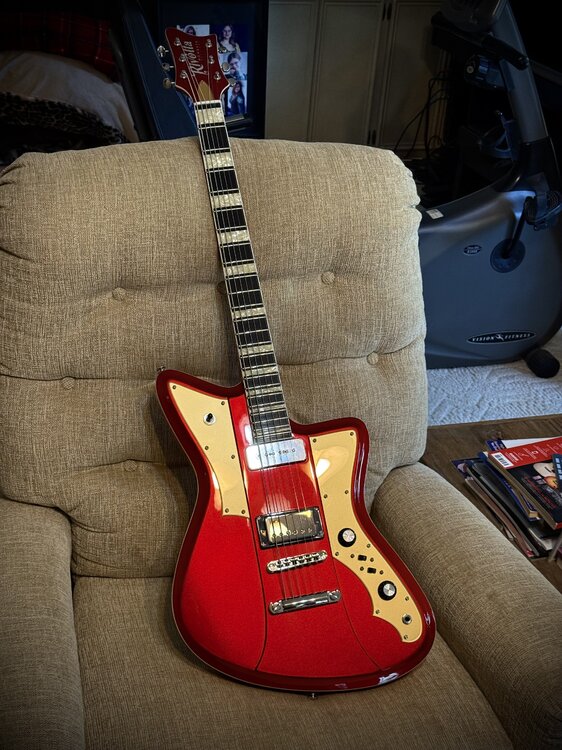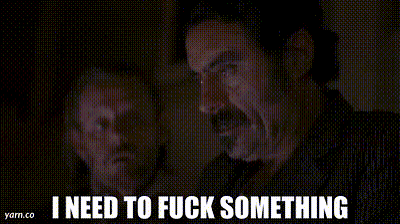So I got a chance to mess with it a bit in what is a typical live scenario for me:
Boss RC-10R looper to loop the harmony/backing track elements and provide drums/rhythm
Looped rhythm guitar using a Tonex one in lieu of an amp
Looped guitar detuned an octave to serve as bass
Lead guitar using a Tonex one + pedals
Vocals with a Shure SM57
It objectively sounds very good. Exceptional if you consider the price. I was impressed with the clarity/articulation that lets you hear all of those different elements well as a mix. I already owned a Roland Cube Street EX that is more than twice the price, and this sounds light years better. Listening to them side by side, the Roland sounds like the cheap Chinese piece of shit.
What it lacks is bottom end, which you just aren't going to get with 8" speakers. Its fine for the scope of gigging I'd do with this, but if you are wanting people to feel the bass thumping, this isn't the right gear. It does have a line out, so I am going to see how that sounds with my PA's subwoofer. Anyway, I think this little thing is a killer small gig rig that would work well for a singer/songwriter type, vocalist/accompaniment duo or one man band type thing like I tend to do. Or if you just want a small thing to render modelled guitar amp sounds. It probably has enough preamp for an acoustic guitar, but if you want to play electric, you are going to want something like the Tonex to provide amp/cab sounds through this.
Attaching a clip so you can hear what this sounds like with all those elements going through it. This was just recorded using an iphone, so, if it sucks, that's why.
cm-bp60d.m4a
Edit: Build quality seems solid, but no idea how it holds up to being lugged around and bumped. They cut corners somewhere in this thing, but its not in the sound/features.













